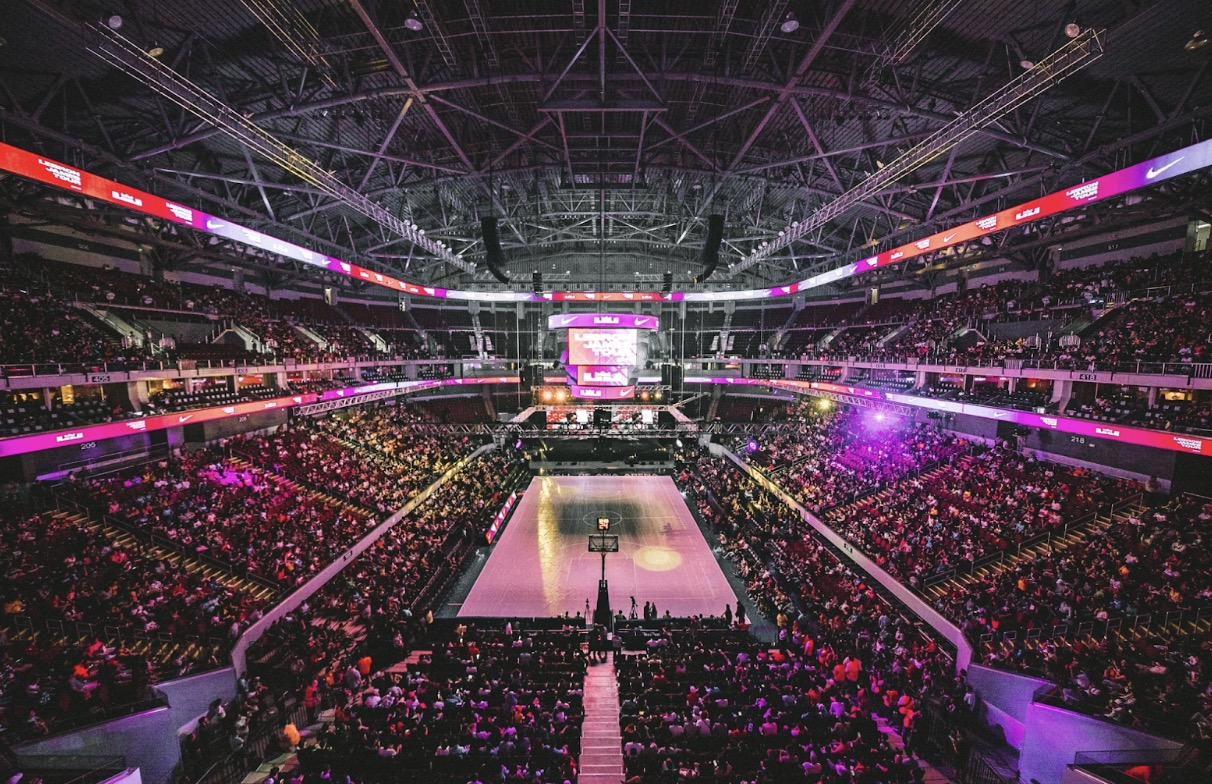Home-court advantage stands as a pillar of competitive integrity, shaping game outcomes and influencing the seasons’ narratives. While some may dismiss it as mere coincidence or superstition, a closer examination reveals that home court advantage is a tangible phenomenon supported by many factors.
From the emotional support of home crowds to the psychological impact of familiar surroundings, the influence of playing at home extends far beyond the boundaries of the field or court.
Familiarity Breeds Confidence
One of the most significant factors contributing to home-court advantage is home teams’ familiarity with their surroundings. This familiarity breeds confidence, allowing players to perform at their peak without the distractions and uncertainties of playing in unfamiliar venues.
The ability to precisely anticipate bounces, angles, and rebounds is a distinct advantage that often translates into better performance on the field or court. This can also affect the odds. For example, let’s say that the Boston Celtics are the home team. Because of this familiarity, both the Celtics Spread Bets and moneyline betting will slightly lean on the Boston Celtics winning the game.
Crowd Support
Arguably, the most palpable manifestation of home court advantage is the unwavering support of the home crowd. The roar of thousands of fans rallying behind their team creates an atmosphere that energizes players and intimidates opponents.
The psychological impact of crowd support cannot be overstated, as it instills a sense of belonging and purpose in home players while exerting pressure on visiting teams. The loud cheers and chants can disrupt the concentration of opposing players, affect their communication, and rattle their confidence, creating an environment where the home team thrives.
Travel Fatigue
In sports leagues with grueling schedules that involve extensive travel, fatigue can significantly affect performance. Visiting teams often endure long flights, time zone changes, and disruptions to their routines, which can take a toll on their physical and mental well-being.
In contrast, home teams enjoy the comforts of familiar surroundings and the convenience of minimal travel, giving them a crucial edge in rest and preparation. Minimizing the effects of travel fatigue allows the home teams to be better equipped to perform at their best when competing on their home turf.
Refereeing Bias
While referees are tasked with maintaining impartiality and enforcing the game’s rules, research suggests they may be susceptible to subconscious biases influenced by crowd dynamics. The phenomenon known as “refereeing bias” occurs when officials inadvertently favor the home team in response to the pressure exerted by the home crowd.
Either it’s the influence of cheering fans or the perception of home-court advantage, referees’ decisions may subtly tilt in favor of the home team, contributing to their overall advantage. While unintentional, this bias can significantly impact the game’s outcome and reinforce the home-court advantage.
Climate and Altitude
Environmental factors such as climate and altitude can significantly influence performance in certain sports. Home teams acclimatized to the local conditions may have a physiological advantage over visiting teams not accustomed to the same environment.
Moreover, environmental factors can tip the scales in favor of home teams, whether it’s the thin air of high-altitude stadiums or the sweltering heat of outdoor venues.
Comfort and Convenience
In addition to the psychological factors, home court advantage encompasses practical considerations such as access to training facilities, locker rooms, and amenities. Home teams benefit from the familiarity and convenience of their home venue, allowing them to focus solely on their performance without the distractions and inconveniences of playing on the road.
The ability to train in familiar surroundings, rest in their beds, and follow their usual routine contributes to a sense of comfort and confidence that can positively impact their performance when competing at home.
Strategic Edge
Finally, home-court advantage can confer a strategic edge to teams, particularly in sports where familiarity with the playing surface and venue dimensions is paramount. From exploiting favorable matchups to utilizing home court quirks to their advantage, home teams have a deeper understanding of the tactical nuances that can influence the outcome of a game.
It can be exploiting the angles of a basketball court or utilizing the home-field advantage in baseball to hit strategic home runs, home teams are adept at leveraging their familiarity with their surroundings to gain a competitive edge over their opponents.
Final Words
Home court advantage is a multifaceted phenomenon that encompasses many factors, from psychological to practical considerations. While skeptics may dismiss it as mere superstition, the evidence suggests that home court advantage is a real and tangible influence in sports.
From the familiarity and comfort of playing at home to the unwavering support of the home crowd, home teams enjoy a distinct advantage that often translates into better performance on the field or court.






